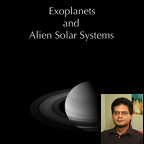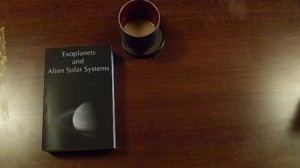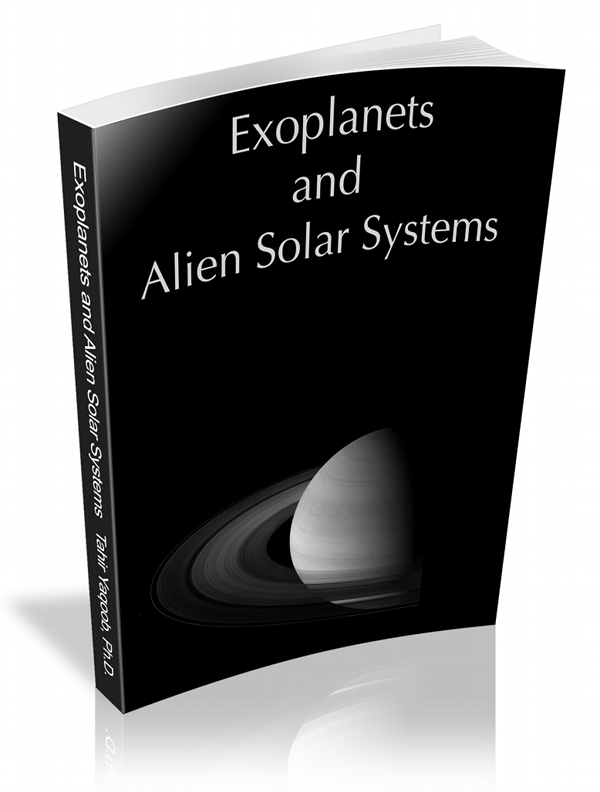About Exoplanets Digest Blog
Hi, thanks for stopping by this blog. I am an astrophysicist, educator, and author of this blog, which is designed to fill a certain niche. The main goal is to take selected results (or “issues”) from the scientific literature on exoplanets (and related physics) and make them accessible to all, in a digestable form, without the razzamatazz and obscuration of “normal” science reporting. I hope the result is entertaining and engaging (although the word entertain in scientific circles doesn’t mean you’ll be rolling around on the floor in stitches or that the blog will make you feel good!). If you want more from science reporting than just the “biggest this,” and the “hottest that,” then this blog is for you. On the other hand, if you suffer from insomnia I would definitely recommend staying away from this blog. It is not designed to improve your quality of life!

I have many interests in physics and astrophysics and this is just one of them. The study of exoplanets is one of the youngest fields of science. In just a couple of decades the number of planets discovered outside our solar system has exploded from a handful to hundreds, soon to reach 1,000. The rate at which our knowledge is expanding is unprecedented, so this is a very exciting time.
So, who is this blog aimed at? I will not report every “blip” of information: there are plenty of outlets “out there,” both online and offline that do that already. However, there is also a lot of noise and misinformation in the science reporting. A common problem is that science reporting often switches assumptions with conclusions, confusing what we actually know with conjectures or postulates. The purpose of this blog is to stand above the noise and take a look at selected papers in the scientific literature and, in plain language, tell you what the original paper really says about a particular topic. This will be of interest to the layperson as well as the educator (whether at school or college), and professional scientist who does not have time to read the original literature.

I have also written a book in the same spirit, called Exoplanets and Alien Solar Systems. It is being said by experts in the field that the astronomy books will have to be rewritten because of the new and unexpected discoveries about exoplanets that conflict with current theories. Well, that rewriting has already begun with Exoplanets and Alien Solar Systems. In particular, I suggest a new line of investigation for planet formation in which planetary progenitors originate in the ejecta of the host star. I am probably wrong about that but the current theory of planet formation is based on a physical impossibility and does not work. This blog will also occassionally touch on other topics in physics and astrophysics.
Brief Bio. Dr. Tahir Yaqoob is an astrophysicist and educator with over 25 years of experience. He obtained a B.A. and M.A. in physics from the University of Oxford, England, and a Ph.D. in astrophysics from the University of Leicester, England. Dr. Yaqoob has many interests in physics and astrophysics and has published over 120 research papers in peer-reviewed international journals. He has taught and mentored students across the entire academic range, from elementary levels to those in Ph.D. programs, and has trained postgraduate students and postdoctoral researchers to become established scientists and professors in physics and astrophysics. Dr. Yaqoob is also a member of the editorial board of the international peer-reviewed journal ISRN Astronomy and Astrophysics.
